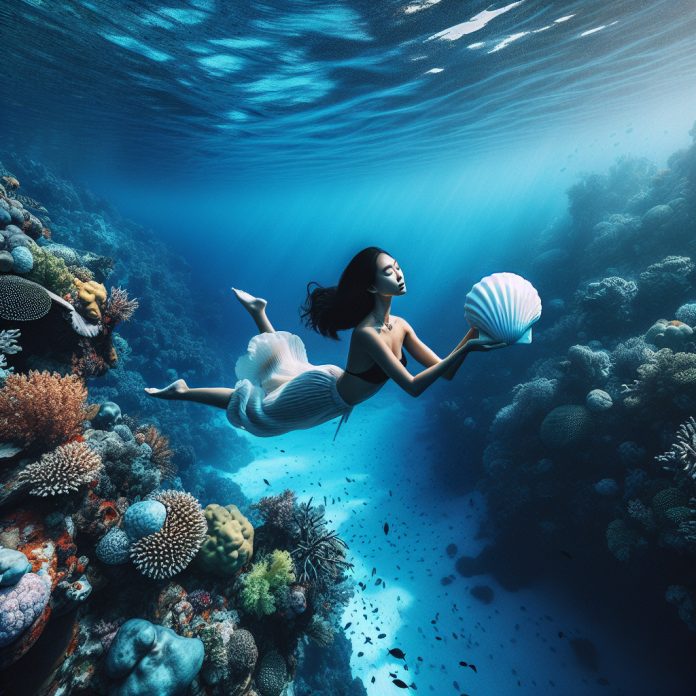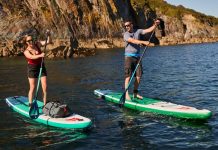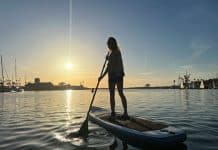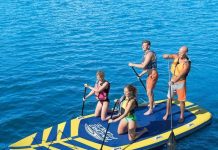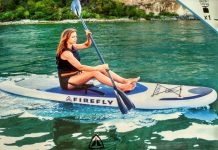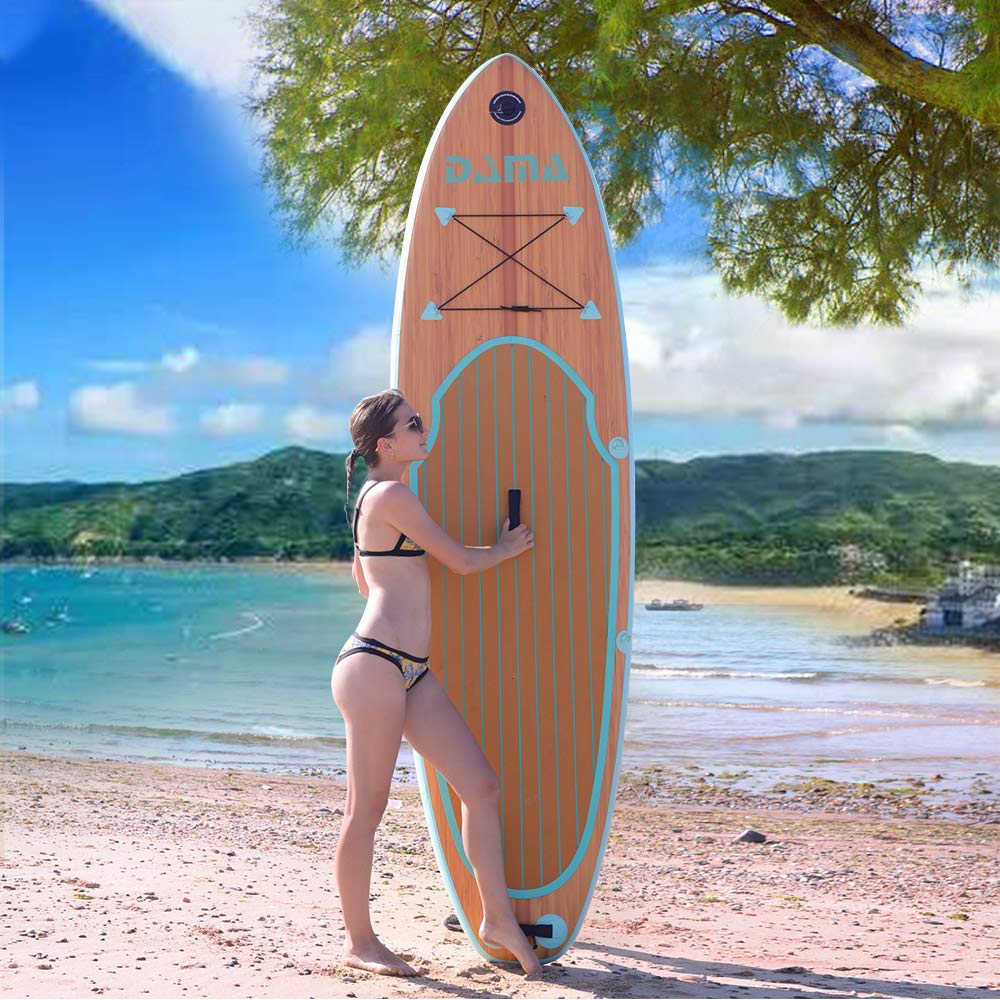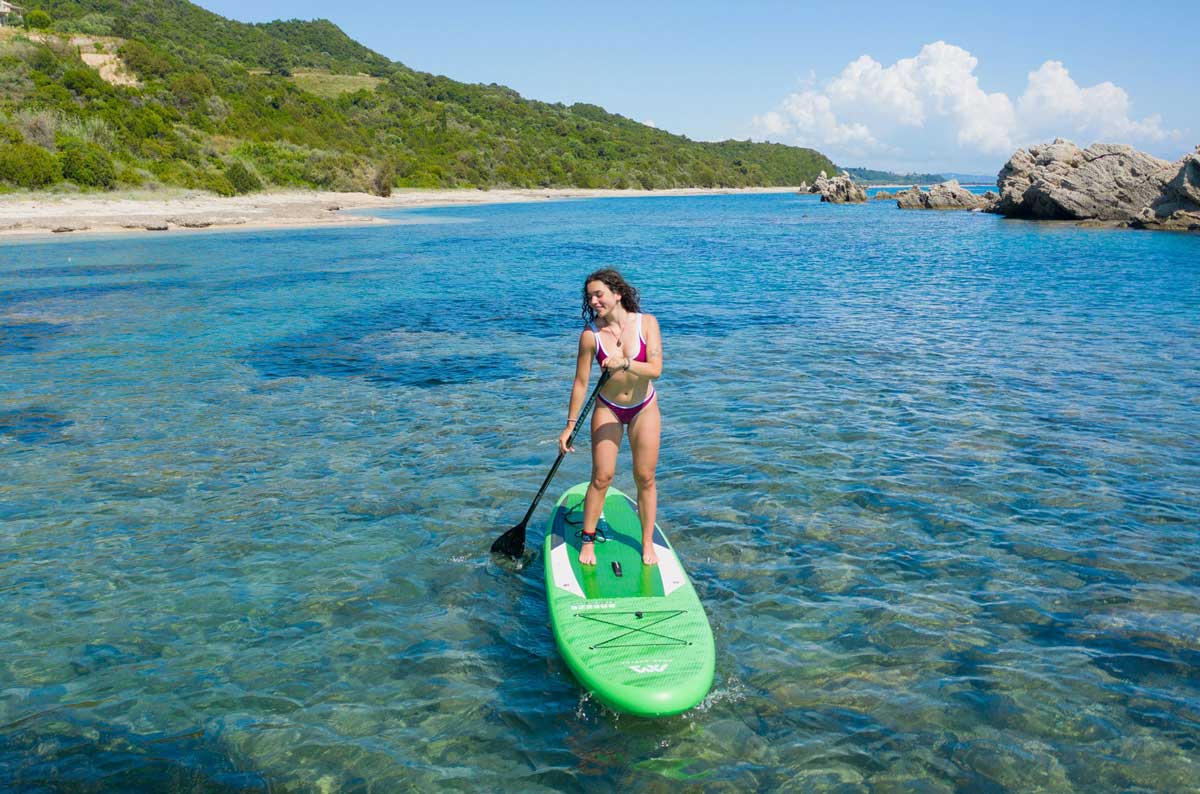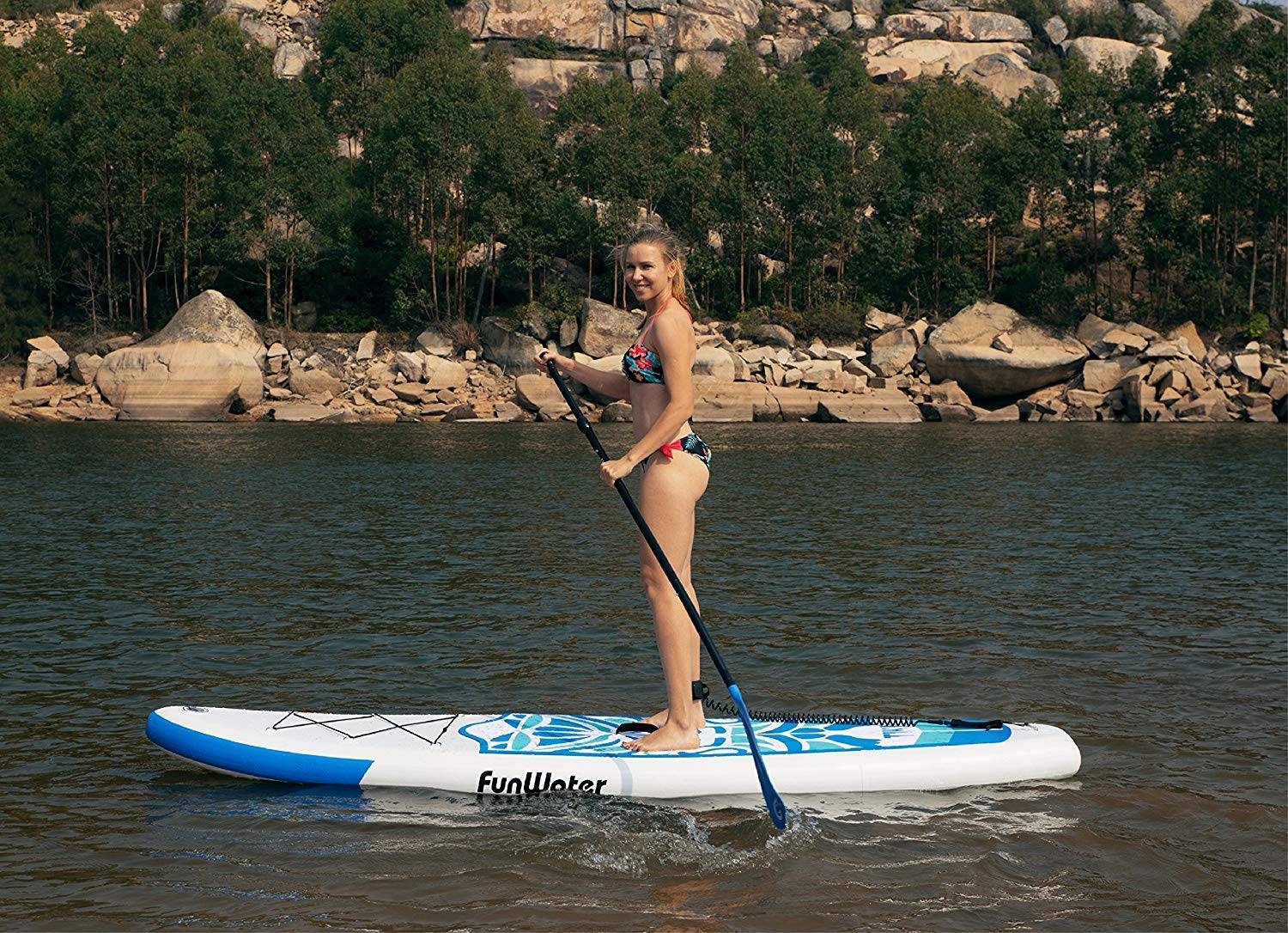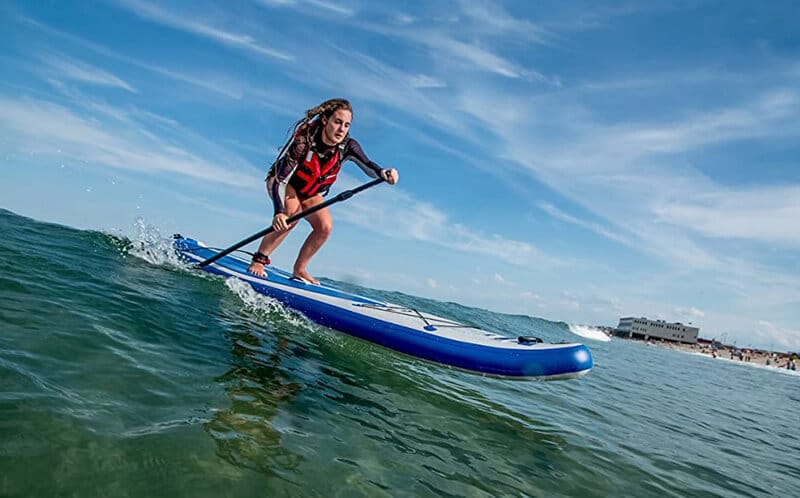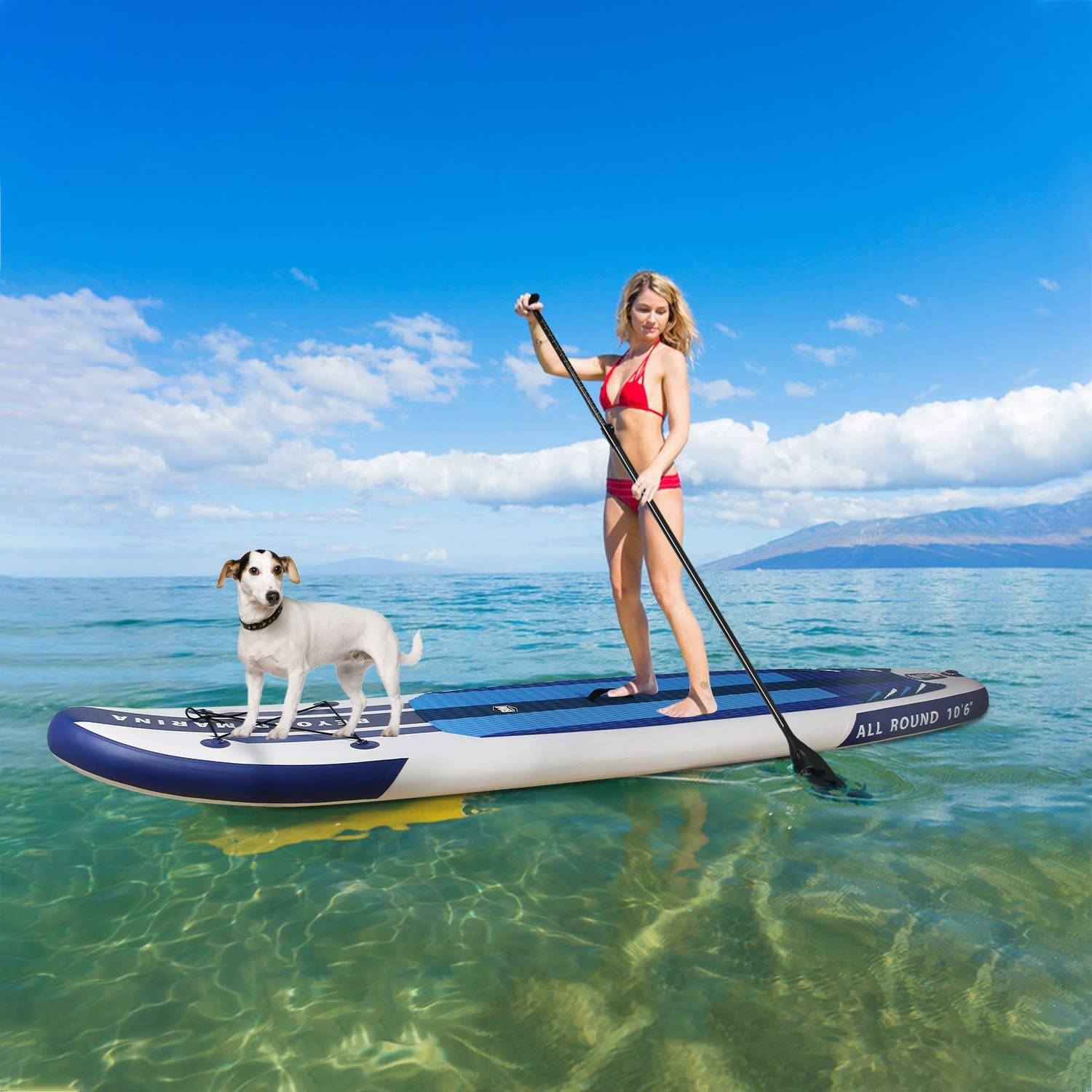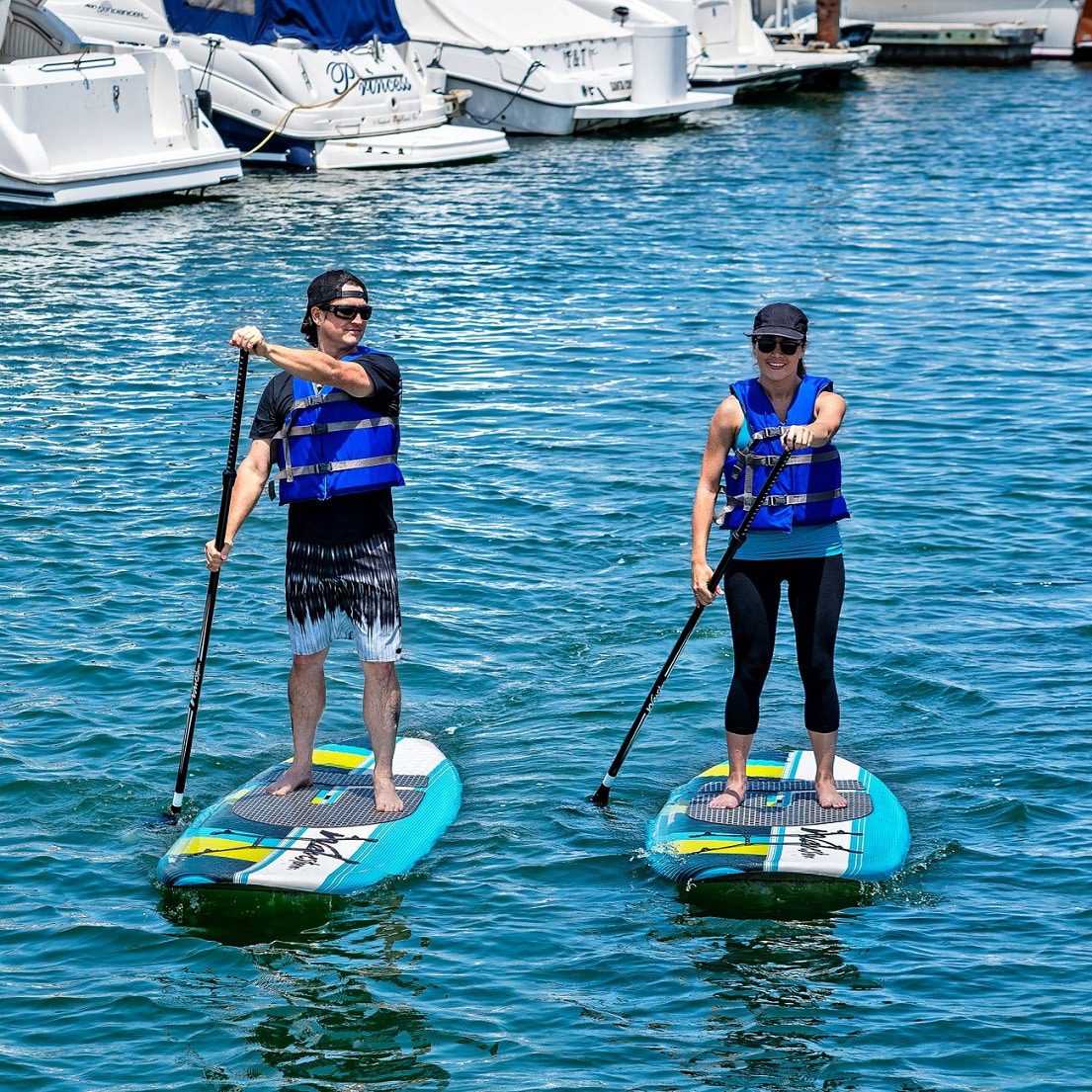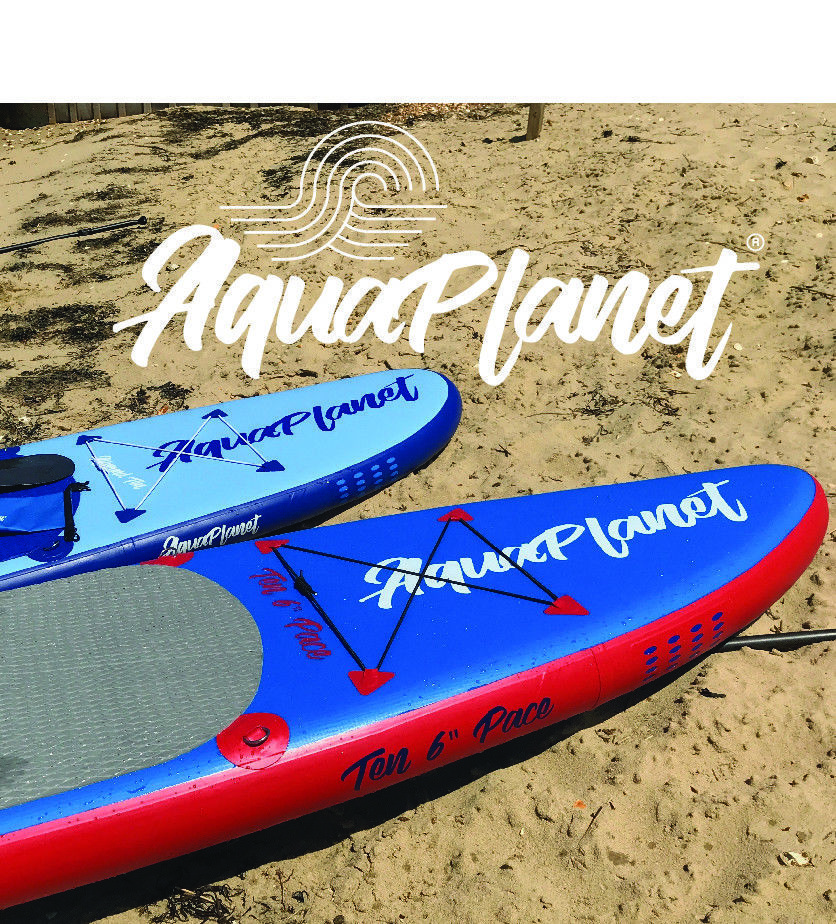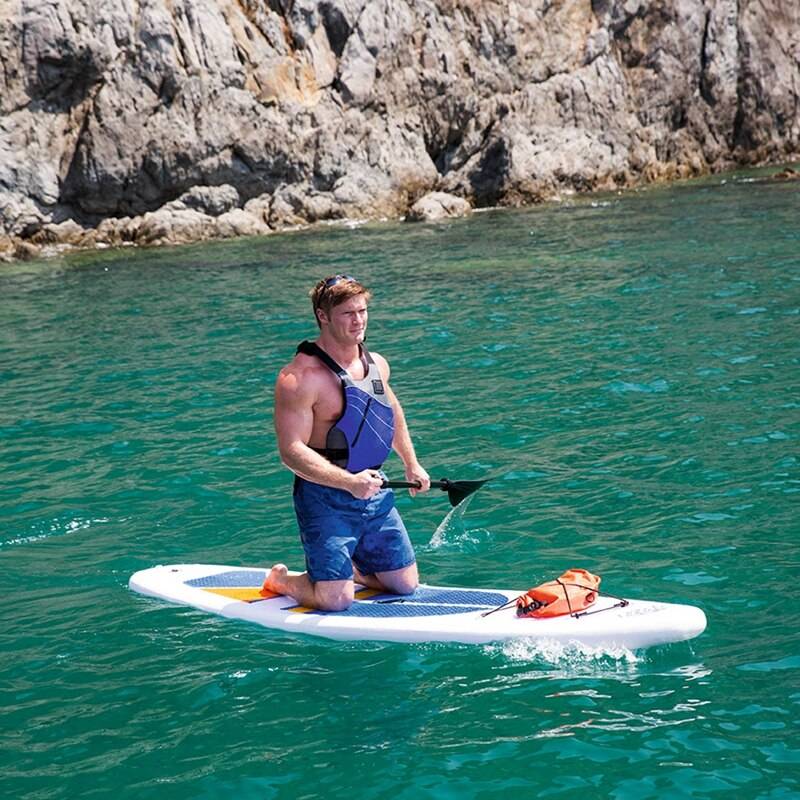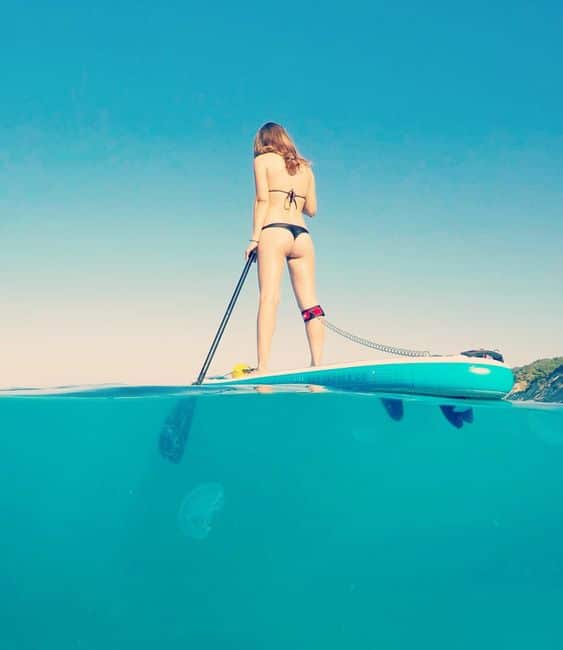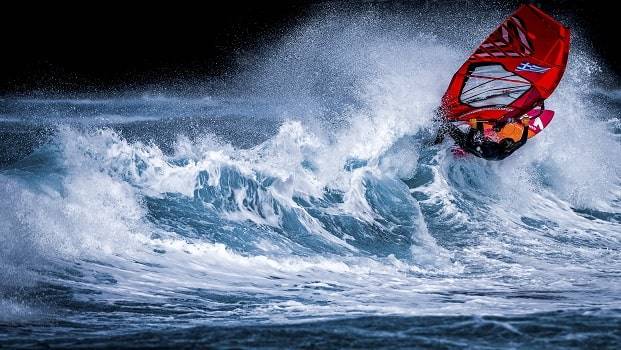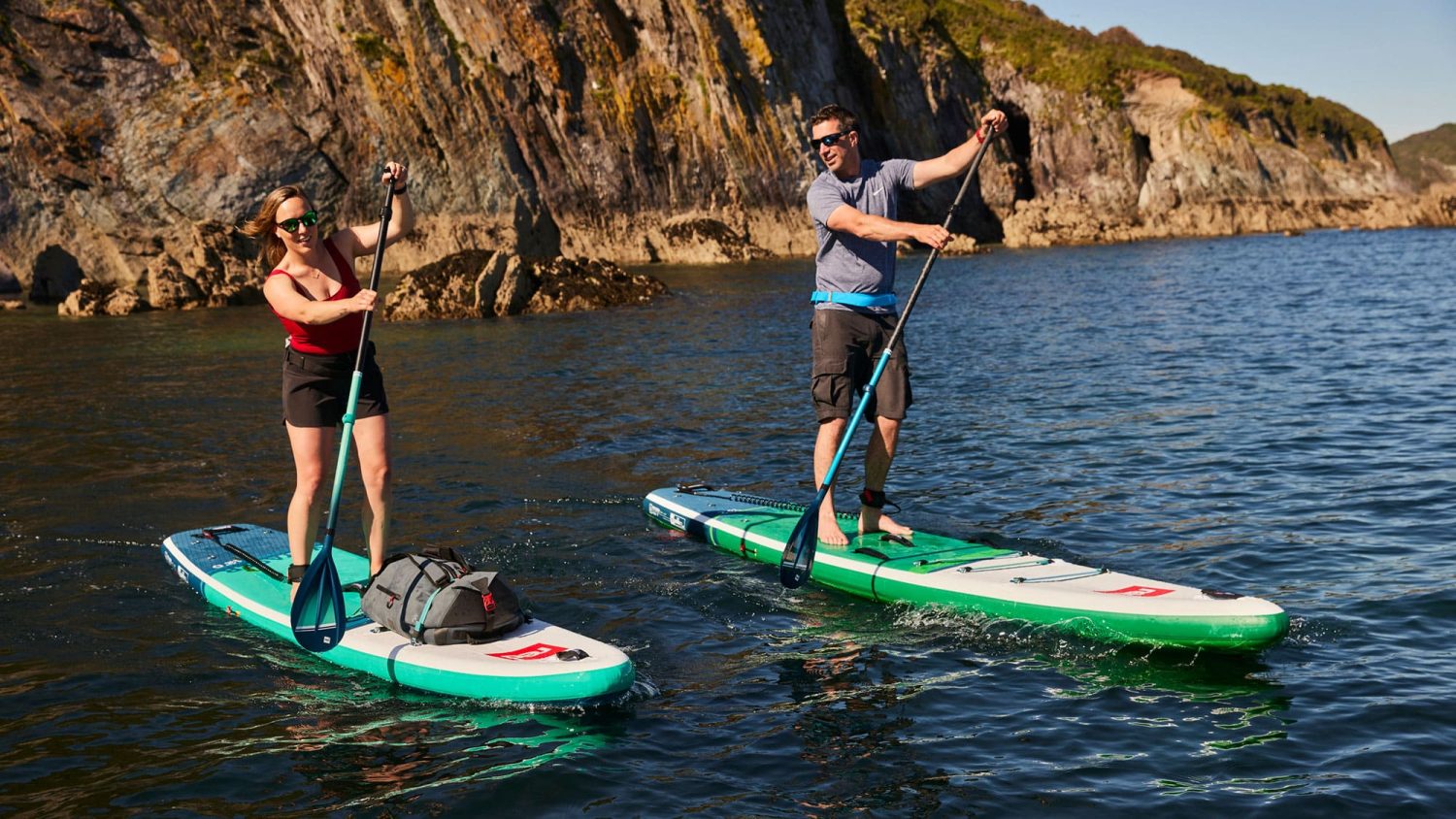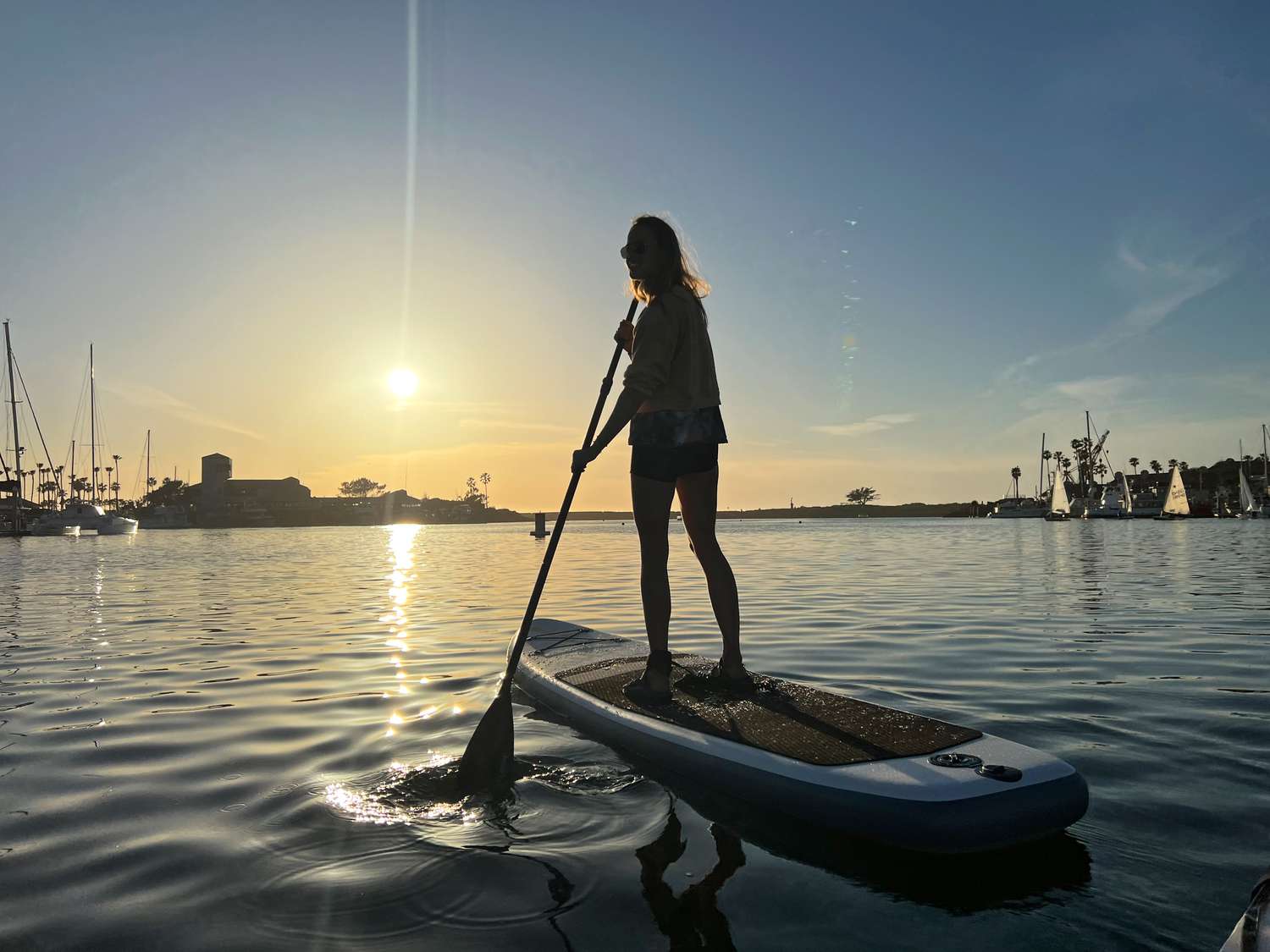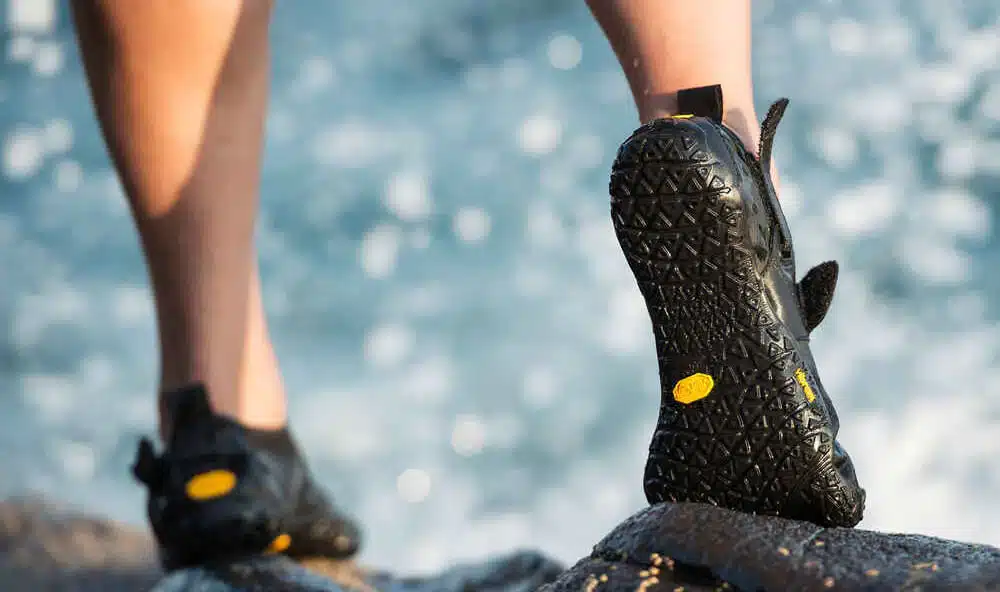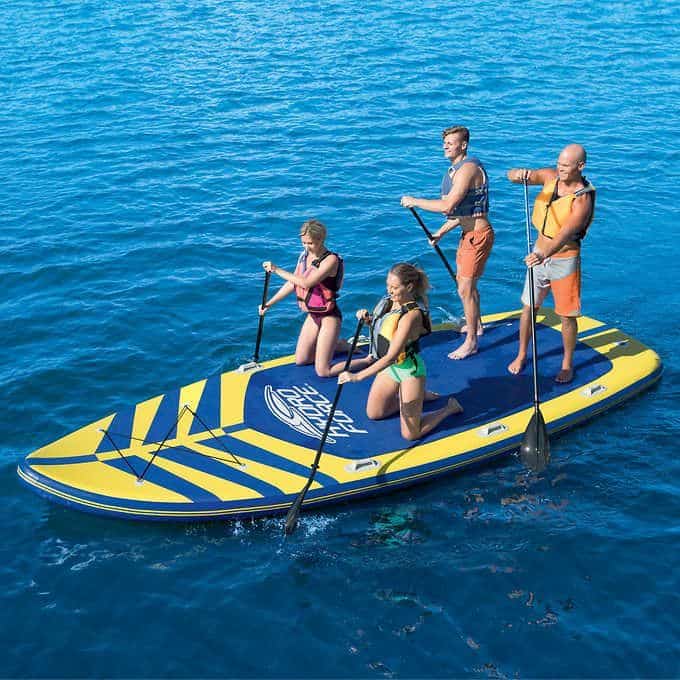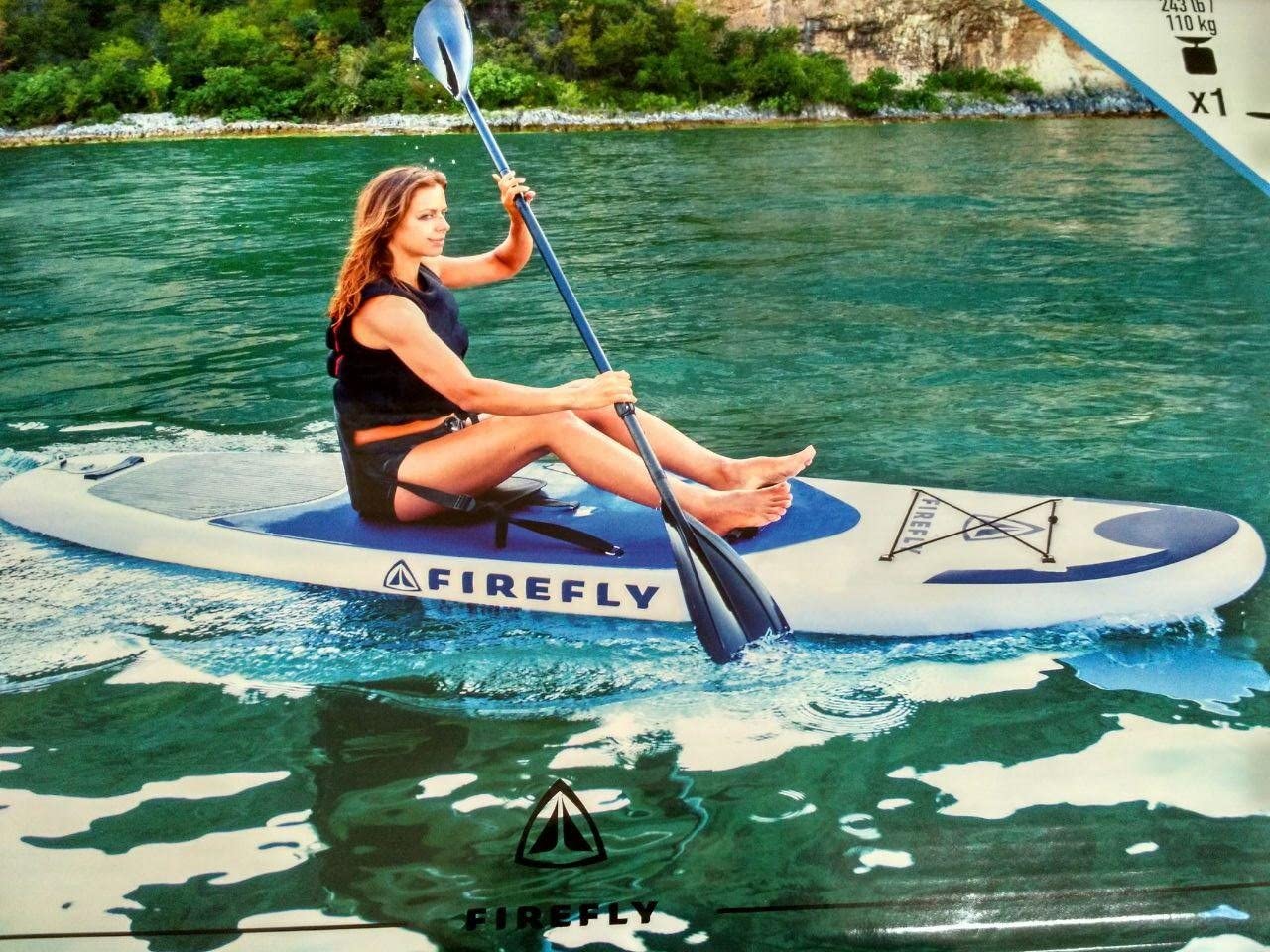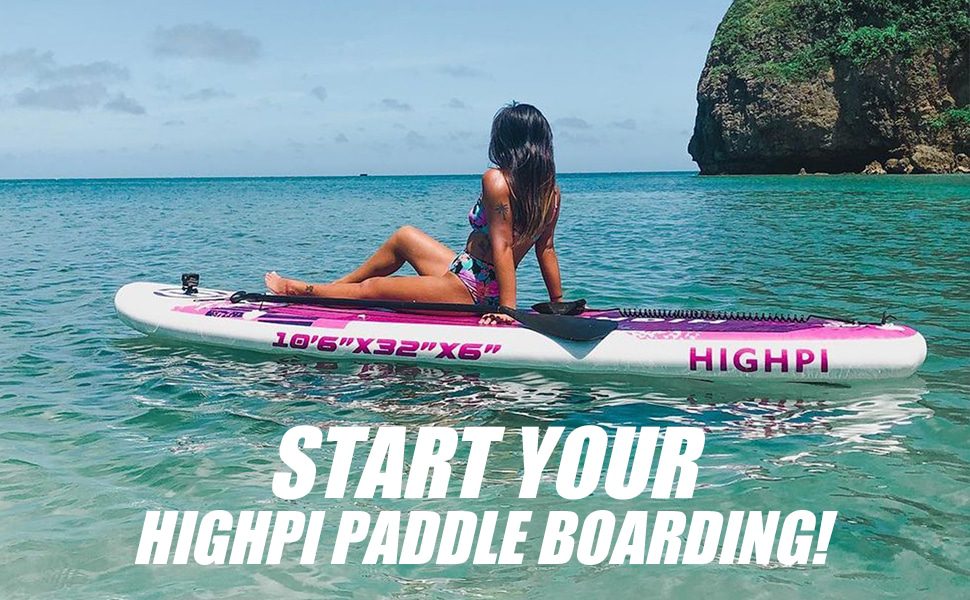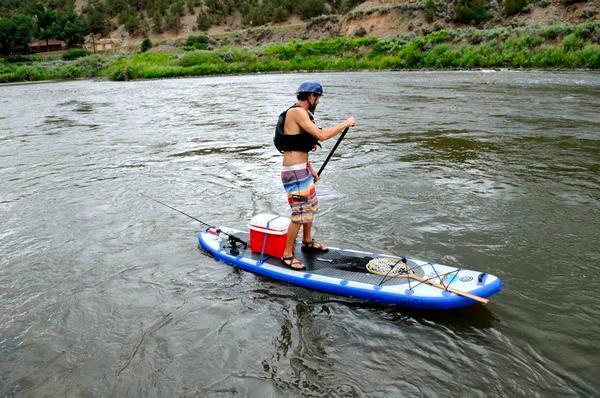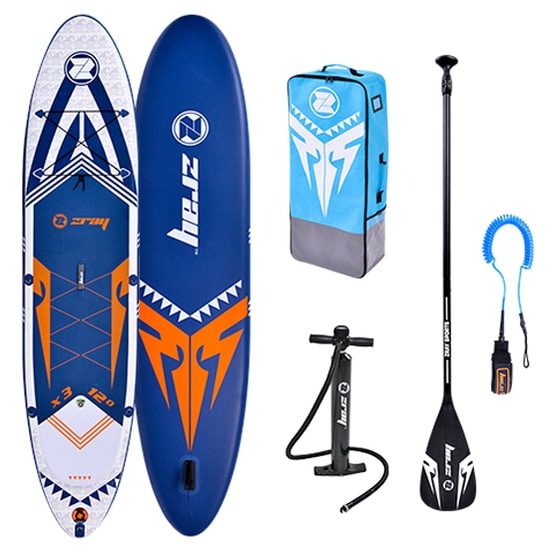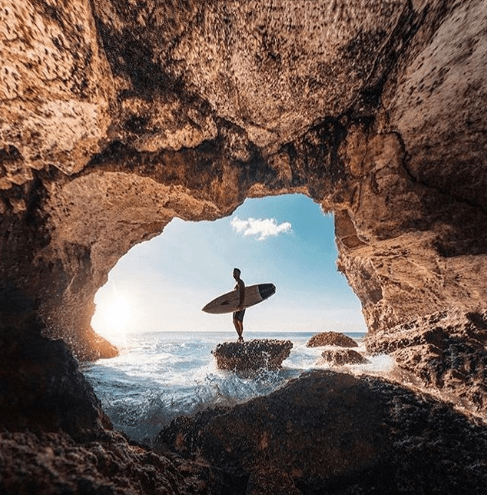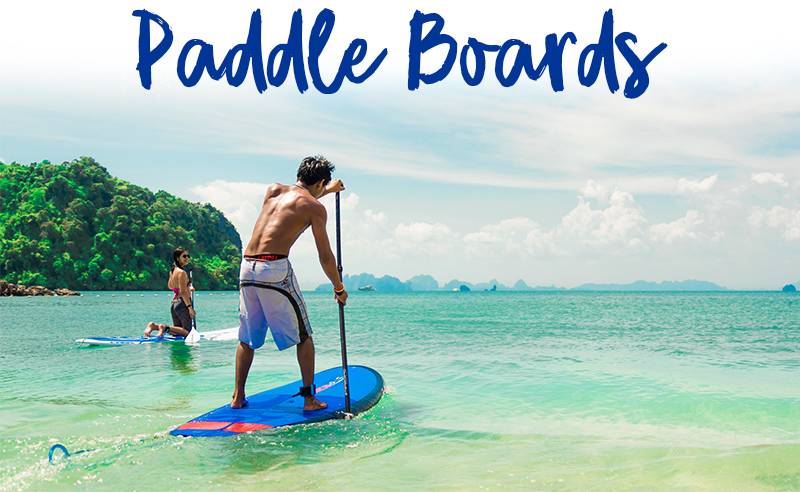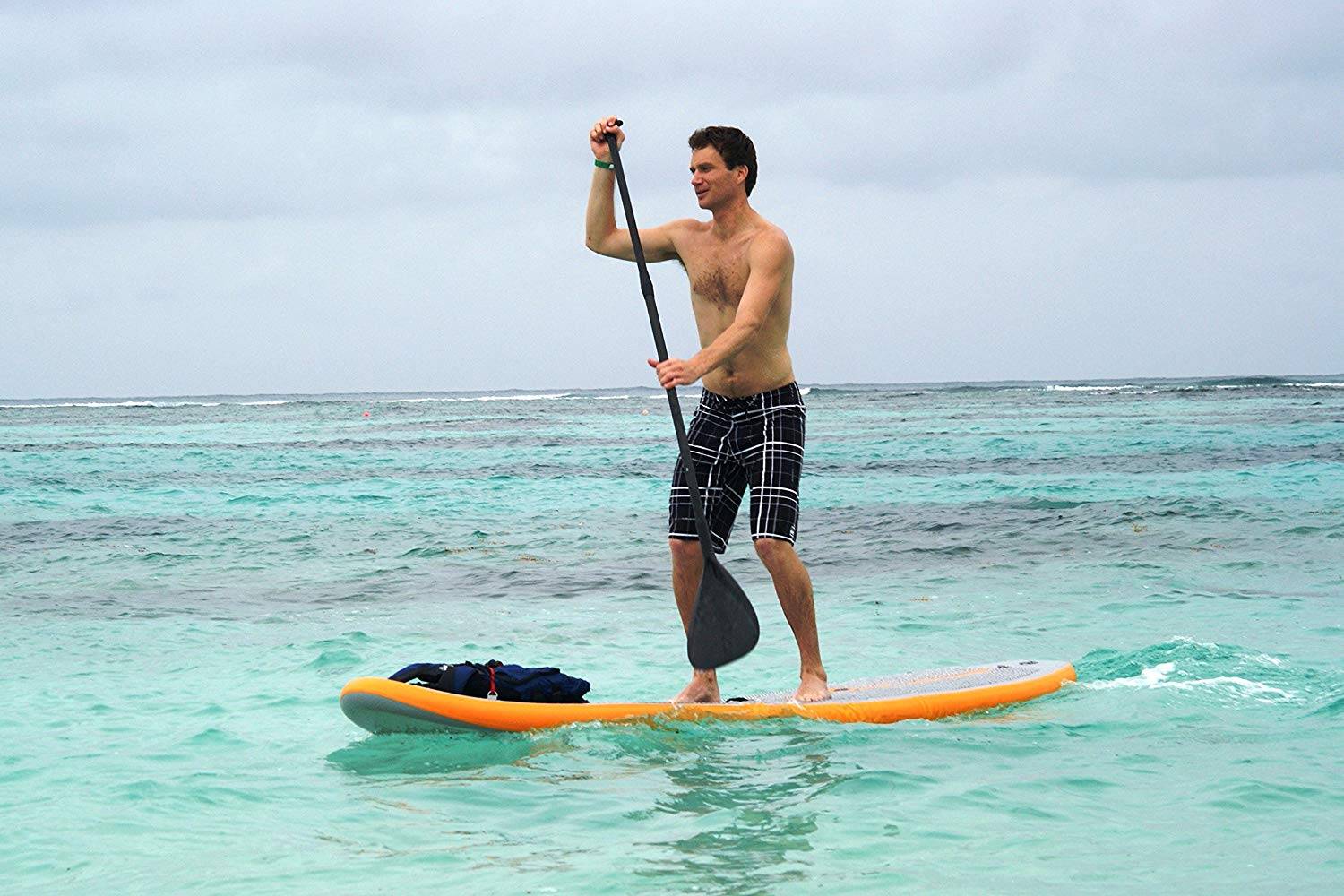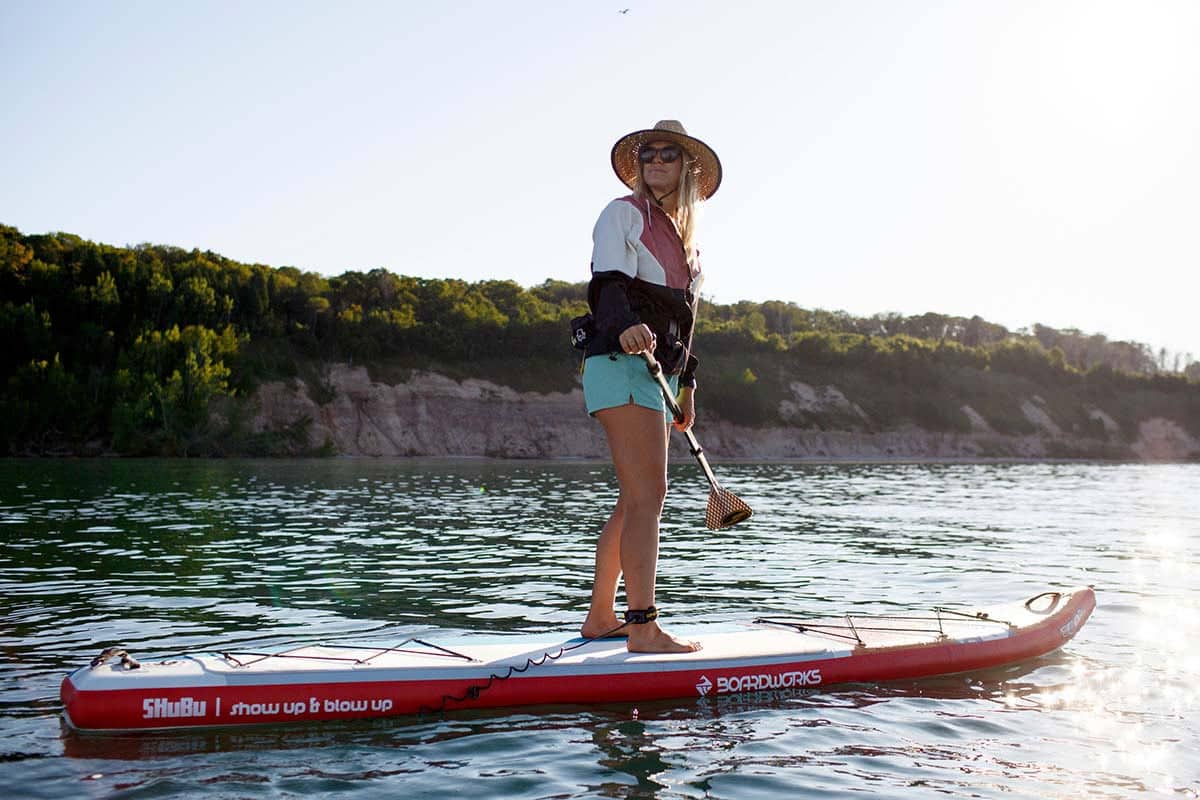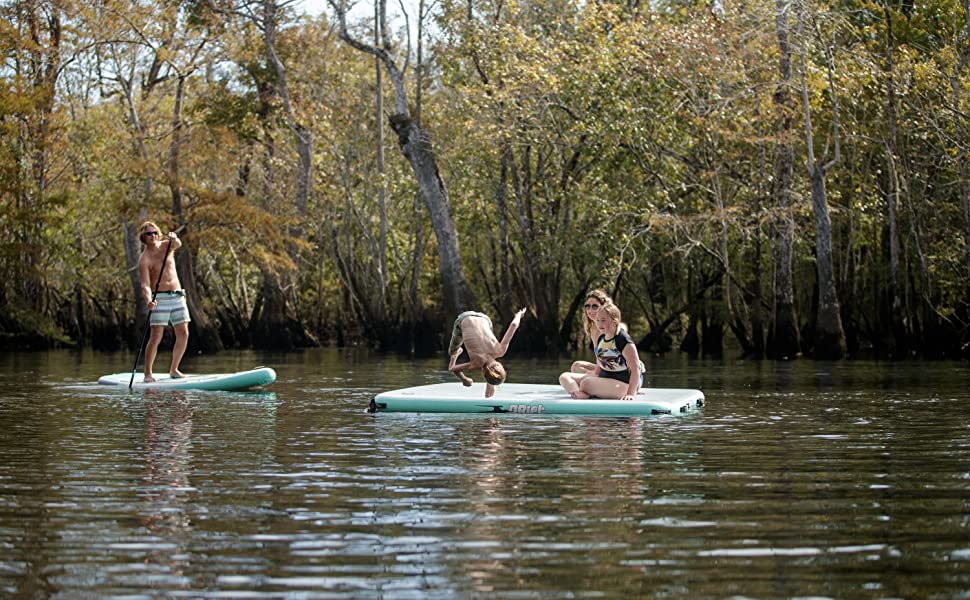Ladies and gentlemen, imagine a world where time slows down, and all worries and stresses disappear. A world where you can seamlessly glide through crystal-clear waters, feeling nothing but pure tranquility. This is the world of freediving. The sport offers a unique and exhilarating experience, where individuals push their physical and mental limits to explore the underwater realm in the most intimate way possible. In this article, we will take you on a journey into the captivating world of freediving, where you will discover the freedom, solitude, and peacefulness that can be found beneath the surface.
Benefits of Freediving
Improves lung capacity
Freediving involves holding your breath and diving underwater for extended periods. This practice can significantly improve your lung capacity. By regularly challenging your lungs to expand and hold more air, you train them to become more efficient in oxygen exchange. As a result, your lungs become stronger, allowing you to take deeper breaths and increase your breath-hold time. Improved lung capacity not only enhances your performance in freediving but also benefits your overall respiratory health.
Enhances mental focus
Freediving requires a high level of mental focus and concentration. As you dive deeper into the ocean, you must remain calm and composed, blocking out any distractions or anxieties. This intense concentration helps to clear your mind, allowing you to focus solely on the present moment and the task at hand. With practice, this mental discipline transcends beyond the underwater realm and becomes applicable in various aspects of your life, improving your ability to stay focused and centered in any situation.
Increases physical fitness
Freediving is a physically demanding activity that engages various muscle groups in your body. From swimming against currents to performing powerful kicks with your fins, each dive challenges your strength, endurance, and flexibility. By incorporating freediving into your fitness routine, you can improve your cardiovascular health, increase your muscular strength and endurance, and enhance your overall physical fitness. Moreover, freediving offers a low-impact workout that is gentle on your joints, making it suitable for people of all ages and fitness levels.
Equipment for Freediving
Mask
A diving mask is an essential piece of equipment that allows you to see clearly underwater. Freediving masks have a low-volume design, enabling you to equalize the pressure in your ears as you descend. It is crucial to choose a mask that fits snugly and comfortably, ensuring a watertight seal. Clear vision underwater enhances your safety and enables you to fully enjoy the mesmerizing underwater world.
Snorkel
A snorkel is a tube that allows you to breathe while your face is submerged in the water, without the need to lift your head to inhale. It enables you to conserve energy by breathing at the surface, reducing the frequency of surfacing for air. When selecting a snorkel, opt for one with a flexible mouthpiece and a purge valve, which allows for easy clearing of water if it enters the tube.
Fins
Fins are an essential tool for propelling yourself efficiently through the water. They provide the necessary thrust for swift movements and help conserve energy by reducing drag. When choosing fins for freediving, look for ones that fit snugly, offering a balance between flexibility and stiffness. Fins should be comfortable and allow for precise control of your movements, aiding in achieving optimal performance underwater.
Wetsuit
A wetsuit provides thermal insulation and protection against the cold water. It also helps maintain buoyancy and reduces friction in the water, allowing for smoother movements. When selecting a wetsuit, choose one that fits snugly without restricting your range of motion. The thickness of the wetsuit should be appropriate for the water temperature, ensuring your comfort and safety during dives.
Weights and weight belt
Weights and a weight belt are essential for achieving neutral buoyancy during freediving. They counteract the natural buoyancy of your body, allowing you to descend and control your depth with ease. The amount of weight needed can vary depending on factors such as wetsuit thickness and body composition. It is essential to undergo proper training and consultation with experienced divers to determine the appropriate weight distribution for safe and controlled descents.
Breathing Techniques in Freediving
Diaphragmatic breathing
Diaphragmatic breathing, also known as belly or deep breathing, is a technique that involves engaging the diaphragm to maximize the oxygen intake during each breath. By breathing deeply into your diaphragm rather than shallowly into your chest, you can inhale more air and improve your oxygen saturation levels. Diaphragmatic breathing is a fundamental technique in freediving, as it helps to optimize oxygen utilization and minimize the production of carbon dioxide, aiding in increasing breath-hold times.
Frenzel technique
The Frenzel technique is a specialized equalizing technique used to equalize the pressure in your middle ear as you descend deeper underwater. By closing off the nasal cavity and utilizing the muscles in the back of your throat, you can manipulate the airflow to equalize the pressure without the need for jaw movements. Mastering the Frenzel technique is essential for preventing ear barotrauma and ensuring a comfortable descent during dives.
Mouthfill technique
The mouthfill technique is a method of packing air into your oral cavity to increase the available oxygen supply during breath-holds. By inhaling through the nose and expanding your cheeks with air, you can supplement your lung’s capacity and extend your breath-hold time. It requires practice and proper guidance to master this technique safely and effectively.
Safety Precautions in Freediving
Always dive with a buddy
Freediving is an inherently risky activity, and it is crucial to never dive alone. Having a trained buddy with you increases safety and provides an extra layer of support in case of emergencies. A buddy can assist in monitoring your dives, ensuring you surface safely, and provide aid if you experience any difficulties underwater. Always establish clear communication and safety protocols with your dive buddy before entering the water.
Know your limits
Understanding your personal limits and respecting them is paramount in freediving. Pushing yourself beyond your capabilities can lead to exhaustion, hypoxia, and other potentially dangerous situations. Each individual has different physiological and psychological tolerances, and it is crucial to listen to your body and recognize any signs of fatigue or discomfort. Continuous self-assessment and ongoing training are keys to gradually expanding your limits in a safe and controlled manner.
Equalize your ears regularly
Equalizing your ears is vital to prevent ear barotrauma and discomfort during descent. As you dive deeper, the increasing water pressure compresses the air spaces in your middle ear. To equalize this pressure, you must actively open the Eustachian tubes and allow air to flow into your middle ear. Regularly equalizing your ears, especially before you feel discomfort or pain, can prevent injuries and ensure a smooth and enjoyable diving experience.
Best Destinations for Freediving
The Blue Hole, Dahab, Egypt
The Blue Hole in Dahab, Egypt, is a renowned freediving destination, attracting enthusiasts from around the world. This natural wonder offers crystal clear waters and a depth of 130 meters, making it a haven for deep diving enthusiasts. Its unique geological formation, surrounded by breathtaking coral reefs, also provides an extraordinary underwater environment for marine life observation and exploration.
Dean’s Blue Hole, Long Island, Bahamas
Dean’s Blue Hole is the world’s deepest blue hole, reaching a staggering depth of 202 meters. Located in Long Island, Bahamas, this natural wonder offers both shallow and deep freediving opportunities. With its mesmerizing turquoise waters and abundant marine life, Dean’s Blue Hole provides a magical setting for divers seeking tranquility and challenging depths.
Barracuda Point, Sipadan, Malaysia
Barracuda Point in Sipadan, Malaysia, is a renowned dive site known for its stunning coral walls and diverse marine life. The crystal-clear waters surrounding the island offer excellent visibility, allowing for immersive freediving experiences. Thriving coral gardens, schools of barracudas, and encounters with majestic sea turtles make Barracuda Point a must-visit destination for freediving enthusiasts.
Training for Freediving
Static apnea exercises
Static apnea exercises involve holding your breath for an extended period while staying stationary, either on land or in shallow water. This type of training helps increase your breath-hold time, improves your ability to relax underwater, and enhances your overall breath control. Regular practice of static apnea exercises, under proper supervision and following safety guidelines, can gradually extend your lung capacity and improve your performance in freediving.
Dynamic apnea exercises
Dynamic apnea exercises focus on swimming or finning underwater for distance while holding your breath. These exercises improve your overall swimming technique, streamline your movements, and enhance your efficiency underwater. By combining breath-holding and swimming, dynamic apnea training prepares you for the challenges of freediving, enabling you to maximize your performance and enjoyment in the water.
Deep diving training
Deep diving training involves gradually descending to greater depths while following established safety protocols. This type of training builds your physical and mental resilience, enhances your equalization techniques, and improves your ability to adapt to increased water pressure. Deep diving skills are essential for exploring the depths of the ocean safely and responsibly, and training with experienced instructors is vital to ensure proper technique and safety measures.
Freediving Competitions
AIDA International Freediving Competitions
AIDA (International Association for Development of Apnea) organizes international freediving competitions that attract elite athletes and passionate enthusiasts alike. These competitions consist of various disciplines, such as static apnea, dynamic apnea, and depth disciplines. Participants showcase their skills, endurance, and breath-holding abilities, pushing the boundaries of what is humanly possible in the underwater world. AIDA competitions provide an opportunity to witness extraordinary feats of freediving and celebrate the beauty of this captivating sport.
Vertical Blue Freediving Competition
The Vertical Blue Freediving Competition, held annually in the Bahamas, is one of the most prestigious and challenging freediving events in the world. Recognized for its unparalleled depth, this competition showcases the limits of human performance as divers attempt record-breaking descents. This high-profile event brings together the world’s top freedivers, creating an atmosphere of camaraderie, competition, and awe-inspiring achievements.
Australian Freediving Association National Championships
The Australian Freediving Association organizes the National Championships, providing a platform for local talent to demonstrate their skills and compete against fellow freedivers. This competition celebrates the passion for freediving within the Australian community and fosters a sense of community among participants. With disciplines ranging from pool disciplines to depth disciplines, the Australian Freediving Association National Championships accommodate divers of different skill levels, promoting growth and recognition within the sport.
Freediving as a Therapeutic Activity
Stress-relief and relaxation
Freediving offers a unique opportunity to disconnect from daily stresses and immerse oneself in the tranquility of the underwater world. The rhythmic breathing, weightlessness, and serenity of the underwater environment promote relaxation and provide a respite from the demands of daily life. Engaging in freediving can help reduce stress levels, provide mental clarity, and offer a sense of peace and calmness.
Improving mindfulness and meditation
The focus required in freediving aligns with the principles of mindfulness and meditation. By concentrating on your breath and the present moment, you cultivate a deep sense of mindfulness and awareness. Freediving allows you to disconnect from external distractions and enter a state of flow, where your mind becomes fully absorbed in the experience. This heightened state of focus and awareness can transcend beyond freediving and positively impact your daily life, improving your overall well-being.
Improves cardiovascular health
Freediving is a form of exercise that engages your cardiovascular system, promoting heart health and overall fitness. During vigorous dives and swimming movements, your heart rate elevates, increasing cardiac output and improving blood circulation. This cardiovascular stimulation leads to benefits such as lowered blood pressure, improved lung efficiency, and increased oxygen delivery to your muscles. Regular freediving training can contribute to maintaining a healthy cardiovascular system and overall cardiovascular fitness.
Freediving Techniques for Marine Life Observation
Neutral buoyancy
Maintaining neutral buoyancy is crucial when observing marine life to minimize disturbance to the underwater ecosystem. By fine-tuning your buoyancy control techniques, you can hover effortlessly in the water column without sinking or ascending. Neutral buoyancy allows you to move gracefully among marine creatures without causing disruption or harm, providing a non-invasive way to appreciate the beauty of the underwater world.
Silent movement
Silent movement is essential in marine life observation to avoid startling or scaring away aquatic creatures. By moving deliberately and avoiding rapid motions, you can blend into the underwater environment and become part of the marine ecosystem. This gentle and respectful approach allows for closer encounters with marine life, as they perceive you as a non-threatening presence, resulting in more intimate and rewarding experiences.
Respectful behavior towards marine life
Respectful behavior towards marine life should always be a priority in freediving. It is essential to maintain a safe distance from marine creatures, avoiding physical contact or disturbance. This respect for their natural habitat and boundaries fosters conservation efforts and ensures the well-being of the underwater ecosystem. By adhering to responsible diving practices and raising awareness about the importance of protecting marine life, freedivers contribute to the preservation of our oceans’ delicate ecosystems.
Experiencing Tranquility in Freediving
Concentration on breath
In freediving, focusing on your breath is key to achieving a state of tranquility. As you descend into the depths, your attention shifts to the rhythm of your breathing, blocking out distractions and calming your mind. The deep inhales and slow exhales become a meditative mantra, guiding you into a peaceful state of awareness. This concentration on breath promotes relaxation, reduces stress levels, and allows you to fully immerse yourself in the serene environment of the underwater world.
Sense of weightlessness
The sensation of weightlessness that accompanies freediving creates a unique and liberating experience. As you dive deeper, the water’s buoyancy takes over, alleviating the gravitational pull on your body. This absence of weight allows for fluid movements, effortless gliding, and a sense of freedom. The feeling of weightlessness fosters a state of tranquility and liberation, enabling you to escape the constraints of the terrestrial world and embrace the serenity of the ocean.
Escape from the noisy world
In today’s fast-paced and noisy world, freediving offers a sanctuary where tranquility can be found. The silence of the underwater world, devoid of external noise and distractions, creates an oasis of calmness. As you submerge yourself beneath the surface, the chaos and pressures of everyday life dissipate, while the soothing sound of your breath provides a soothing melody. Freediving becomes an escape, a tranquil respite from the noise and stresses of modern society, allowing for introspection, rejuvenation, and a deep connection with nature.
In conclusion, the benefits of freediving are multifaceted, ranging from physical fitness improvements to mental well-being and marine life exploration. By practicing proper techniques, utilizing appropriate equipment, and embracing safety precautions, freediving becomes a transformative and peaceful experience. The tranquility found in the depths of the ocean provides a unique escape from the chaotic world above, offering the opportunity to connect with oneself, nature, and the captivating marine life that resides below the surface. Whether for recreational purposes or as a competitive pursuit, freediving invites all to embark on a journey of exploration and self-discovery, where tranquility awaits those who dare to dive.

